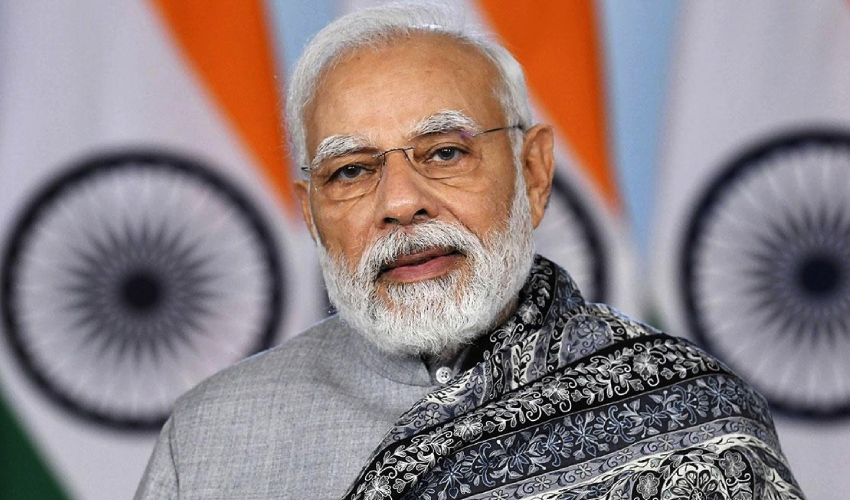In a move that has reignited debates over religious freedom and citizenship rights, India has announced the implementation of the controversial Citizenship Amendment Act (CAA).
The timing of this decision, just weeks before Prime Minister Narendra Modi seeks a historic third term, underscores the significance and potential repercussions of the law.
The CAA, passed in 2019 by Modi's Hindu nationalist government, grants Indian citizenship to non-Muslim refugees from neighboring countries. Specifically targeting individuals from Afghanistan, Bangladesh, and Pakistan who belong to religious minorities such as Christians, Parsis, Sikhs, Buddhists, Jains, and Hindus, the law has drawn criticism for its exclusion of Muslims. This exclusion, critics argue, undermines the secular fabric of India, the world's largest democracy.
Despite widespread protests and condemnation, the Modi administration has forged ahead with the implementation of the CAA. The move comes amidst mounting tensions and concerns regarding its implications, particularly for India's Muslim population, which numbers over 200 million.
Muslim organizations have voiced apprehension over the discriminatory potential of the CAA, coupled with the proposed National Register of Citizens (NRC). Fears abound that the combination of these measures could lead to the disenfranchisement and marginalization of Muslim communities, particularly in border states where citizenship documentation may be lacking.
The announcement of the CAA's implementation has sparked renewed debate and unrest across India. Critics argue that the law undermines the principles of equality and inclusivity enshrined in the country's constitution, while supporters maintain that it fulfills a crucial electoral promise made by Modi's Bharatiya Janata Party (BJP).



























